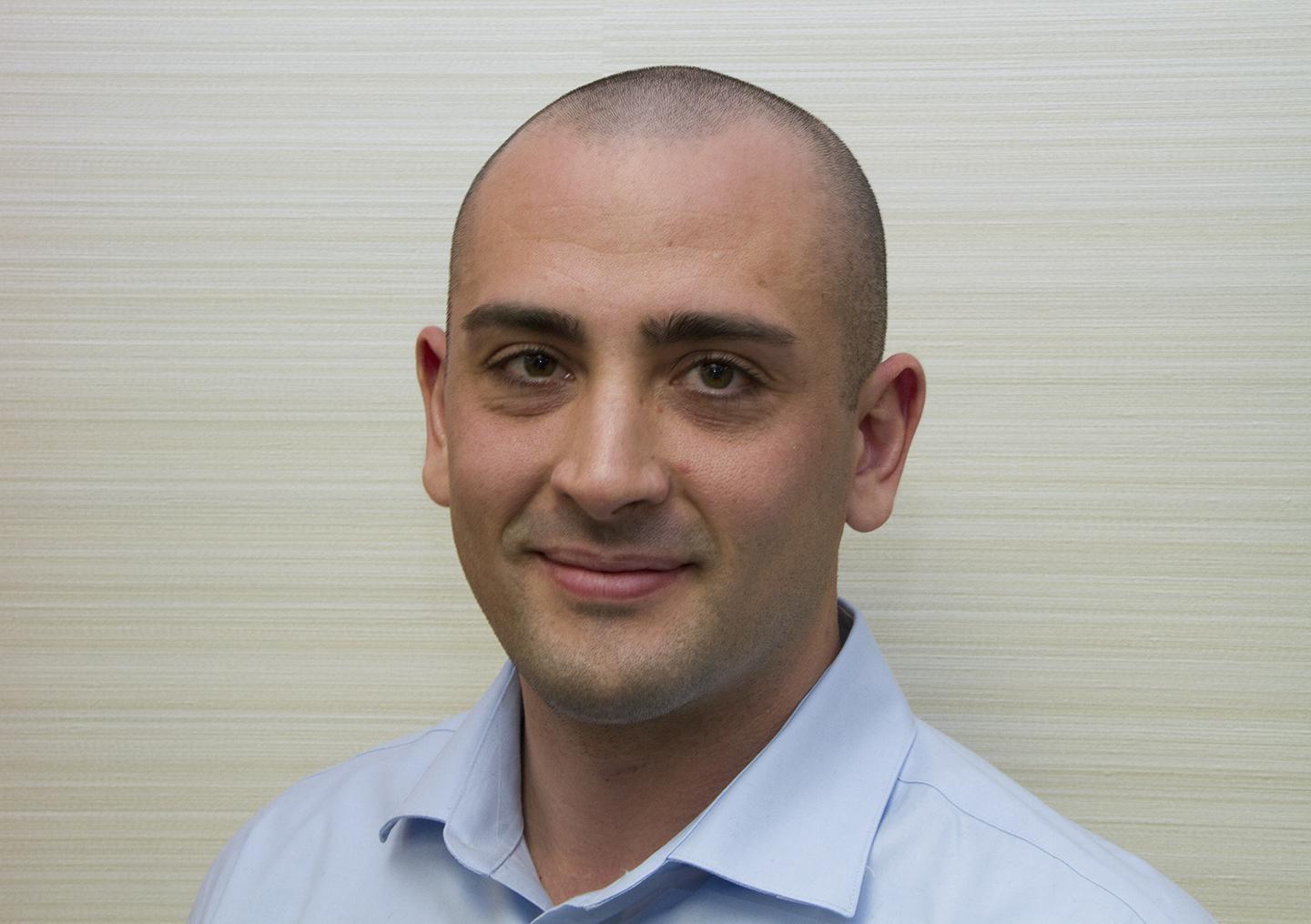West Orange, NJ. December 1, 2014. Kessler Foundation researchers have authored a new article that provides insight into the variable impact of traumatic brain injury (TBI) on long-term memory. The article, "Working memory capacity links cognitive reserve with long-term memory in moderate to severe TBI: a translational approach," was epublished ahead of print on October 7 in the Journal of Neurology (10.1007/s00415-014-7523-4). The authors are Joshua Sandry, PhD, John DeLuca, PhD, and Nancy Chiaravalloti, PhD, of Kessler Foundation. This study was supported by grants from the National Institute on Disability & Rehabilitation Research (H133P090009 (ARRT); H133A070037 (TBI Model System).
Memory impairment affects 54% to 84% of individuals with TBI. While the variable impact of TBI on long-term memory has been recognized, the underlying cognitive mechanisms have not been detailed in this population. This variability in impairment among individuals with comparable injuries has been explained, in part, by the theory of cognitive reserve, i.e., higher intellectual enrichment confers a protective effect on long-term memory. To test the role of working memory in the protective effect of cognitive reserve on long-term memory, scientists evaluated 50 patients with moderate to severe TBI for working memory, long-term memory and cognitive reserve.

Joshua Sandry, PhD is a National Multiple Sclerosis Society postdoctoral fellow in Neuropsychology and Neuroscience Research at Kessler Foundation and assistant professor in the Department of Physical Medicine and Rehabilitation at Rutgers -- New Jersey Medical School.
(Photo Credit: Kessler Foundation)
"Our results support working memory as a possible mediator in the relationship between cognitive reserve and long-term memory and this finding corroborates our related work in multiple sclerosis," said Dr. Sandry, lead author. "We need more research to determine the value of including working memory in cognitive rehabilitation trials," he added. "It remains to be seen whether treatment strategies aimed at working memory will lead to improvement in long-term memory in individuals with TBI and those with memory impairments caused by other conditions." Dr. Sandry is a National MS Society postdoctoral fellow in Neuropsychology & Neuroscience Research at Kessler Foundation.
Source: Kessler Foundation